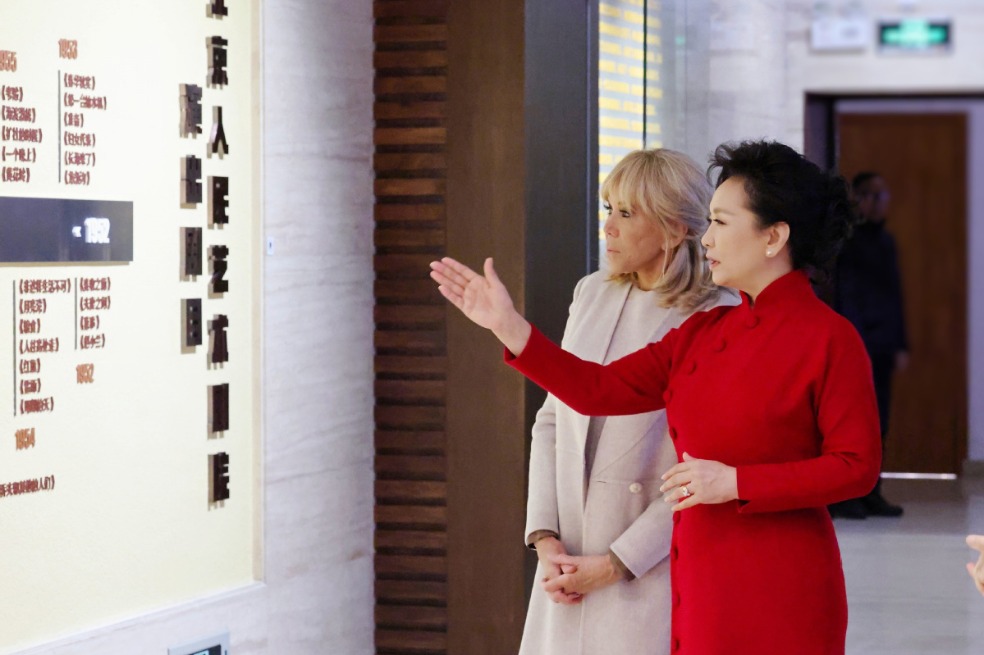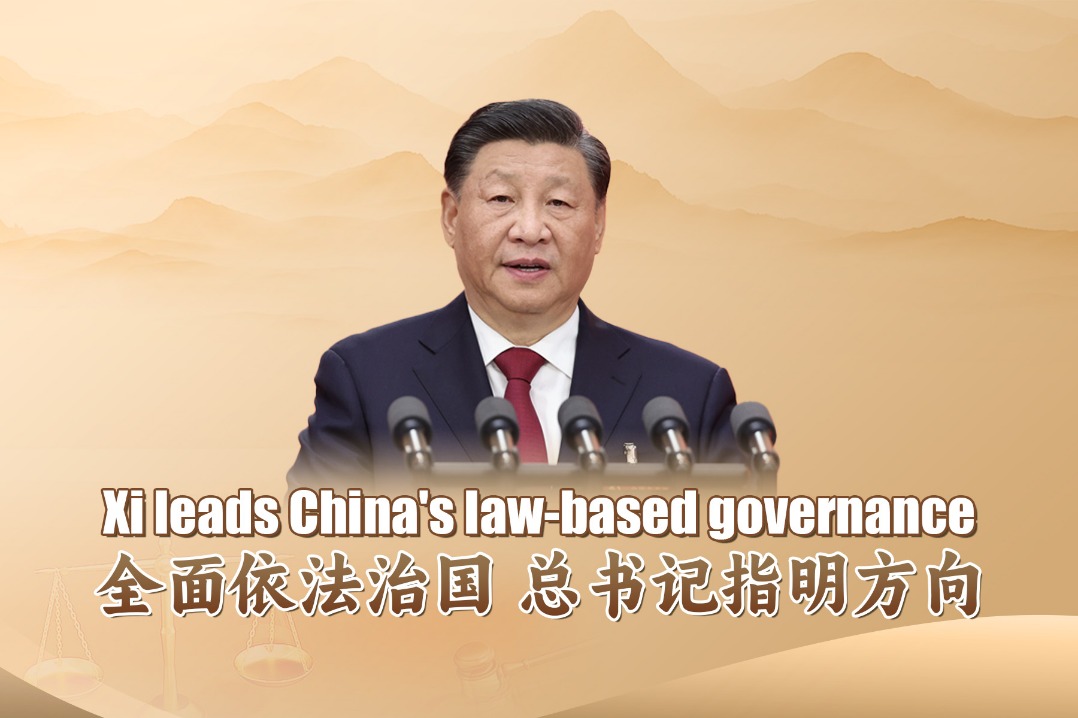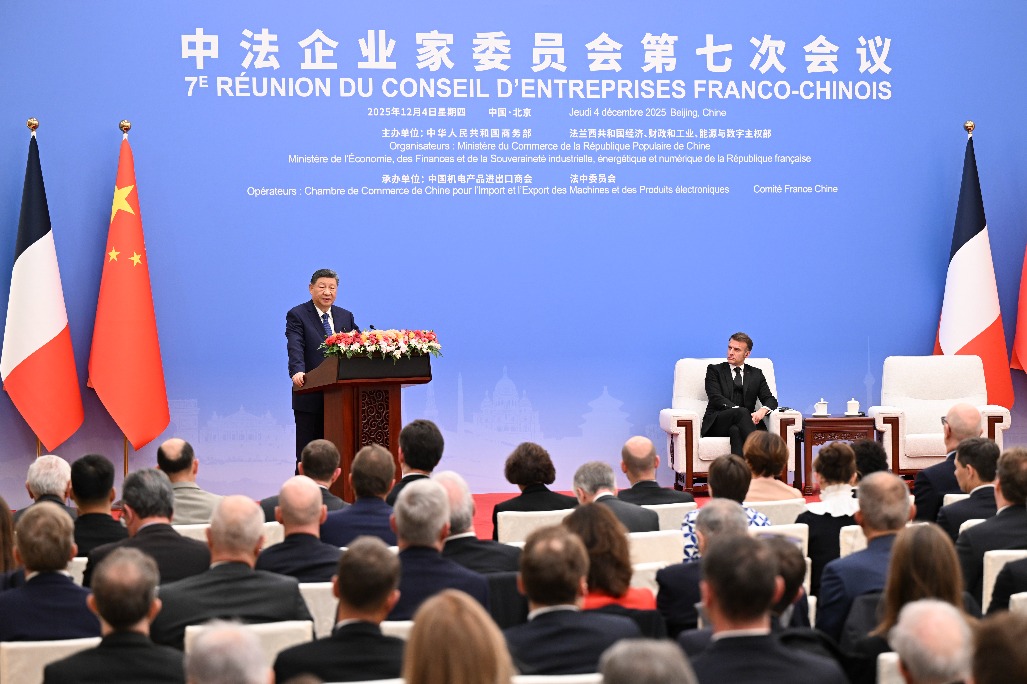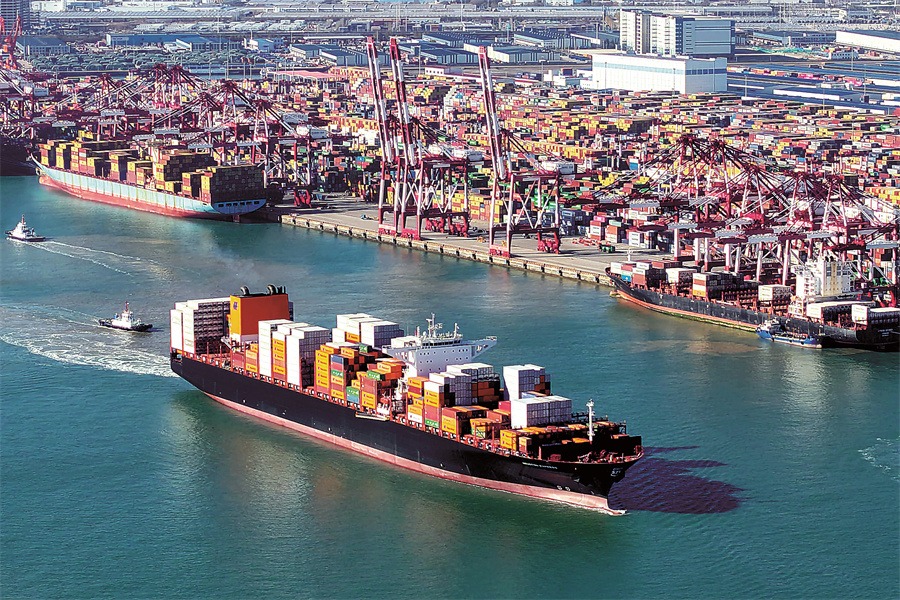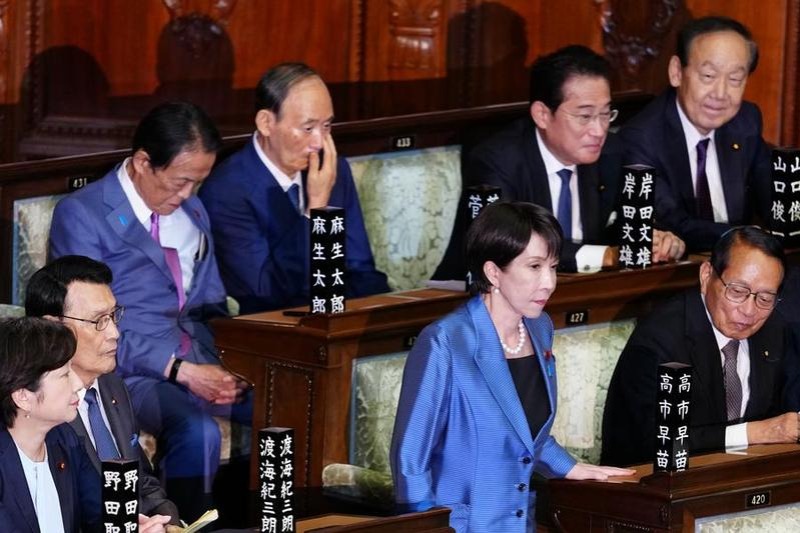US infrastructure plan needs to rival itself, rather than BRI

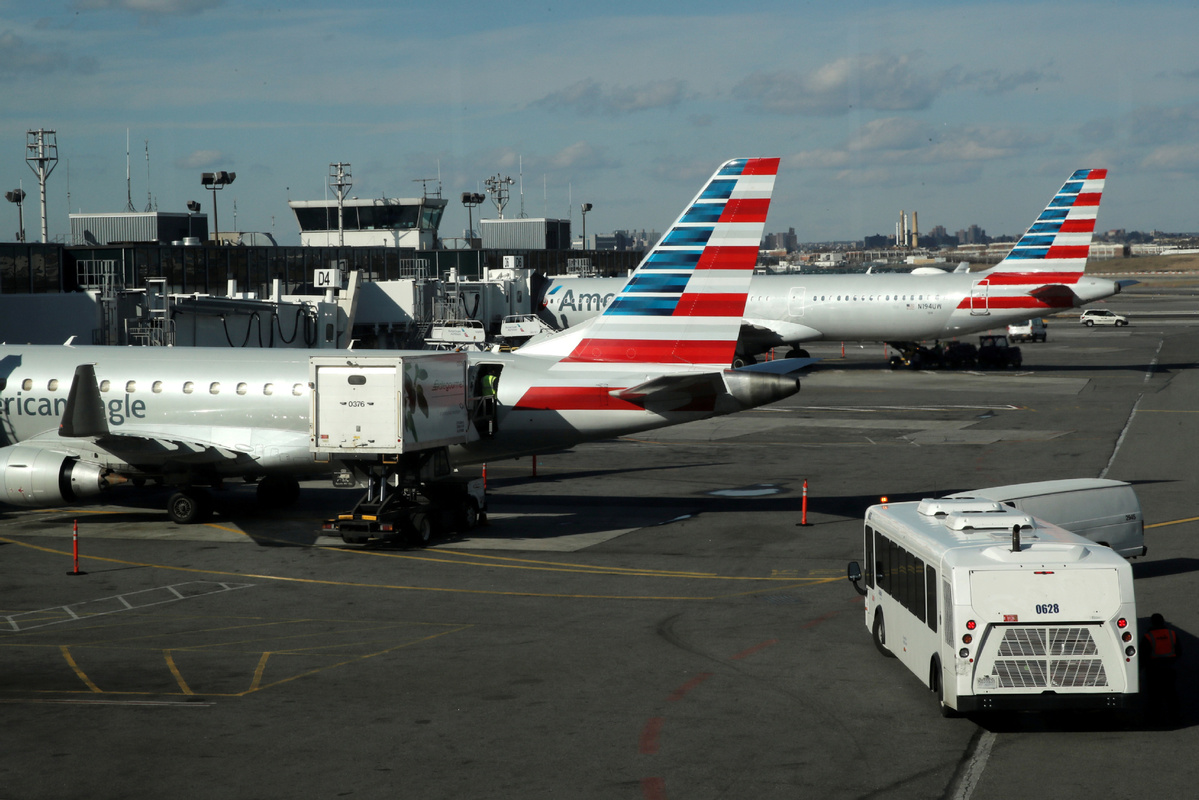
Many US politicians have been busy politicizing the novel coronavirus during the past year, resulting in the worst pandemic response from the world's richest country. They have shifted their focus to infrastructure now.
For example, US President Joe Biden said that he told British Prime Minister Boris Johnson during a phone call on March 26 that "democratic" countries should draw up an infrastructure plan to rival the China-proposed Belt and Road Initiative.
I am curious to know whether any politician can tell which infrastructure facilities were built by so-called democratic countries while traveling the world, be it highways, railways, bridges, airports or power grids.
Maybe some can. As US vice-president in 2014, Biden famously compared the Hong Kong airport to the LaGuardia Airport in New York, saying that people taken blindfolded to LaGuardia must think "I must be in some Third World country".
On March 3, the American Society of Civil Engineers released the 2021 Report Card for America's Infrastructure, giving the United States an overall "C-" grade. If such a sorry state of infrastructure is a symbol of advanced "democratic" countries, as US comedian Bill Maher and columnist Thomas Friedman mocked recently, the US should rival itself, not China.
For anyone who has been visiting China over the past four decades, the improvement in infrastructure would look nothing short of a miracle. China's heavy emphasis on infrastructure has helped the country develop its economy and improve the living standards of its people in a phenomenal way. That is also why China launched the Asian Infrastructure Investment Bank and the Belt and Road Initiative years ago in the hope that its valuable experiences can benefit others, especially the developing countries.
From Asia and Africa to Europe and Latin America, China has played an increasingly important role in helping improve infrastructure and connectivity, something the US and most other "democratic" countries are no longer interested in.
The Belt and Road Initiative is open to all countries, including the US. So if the US administration thinks it can build infrastructure and improve connectivity better than China, or if it is genuinely interested in sharing its know-how and best practices, China would and should welcome that wholeheartedly.
But it should not politicize infrastructure construction and turn it into a geopolitical tool against China. Also, it should not launch a smear campaign against China's infrastructure financing, or call it a "debt trap". Many prominent US economists such as David Dollar of Brookings Institution and a former World Bank chief in China, and Deborah Brautigam, a professor at Johns Hopkins University who tracks Chinese investment in Africa, have dismissed such groundless allegations made by US politicians.
There is plenty of room for infrastructure investment for all countries. The Asian Development Bank estimated that Asia needs $1.7 trillion in infrastructure financing each year until 2030, but only $900 billion was available in 2015. Which leaves a big enough void for the US and the other "democratic" countries to fill.
I doubt whether the US has the appetite to invest in infrastructure in other countries, because Biden seems to be continuing his predecessor's "America first" policy. The $2 trillion-plus infrastructure and economic recovery package unveiled by Biden on Wednesday by raising corporate tax is merely to fix transportation infrastructure, water treatment and supply systems, broadband and manufacturing at home, rather than funding any infrastructure and connectivity projects abroad.
Learning from the failed attempt of the US to prevent the launch of the AIIB in 2015, other countries should not jump on to the Washington's bandwagon to turn infrastructure construction and financing into a geopolitical battle.
After all, when the Suez Canal was paralyzed for a week by the giant container ship Ever Given, the China-Europe freight trains, part of the Belt and Road Initiative, were carrying on trade between Asia and Europe regardless of the countries' political systems.
That should be the healthy mindset of the political folks in Washington.
The author is chief of China Daily EU Bureau based in Brussels.
chenweihua@chinadaily.com.cn
















